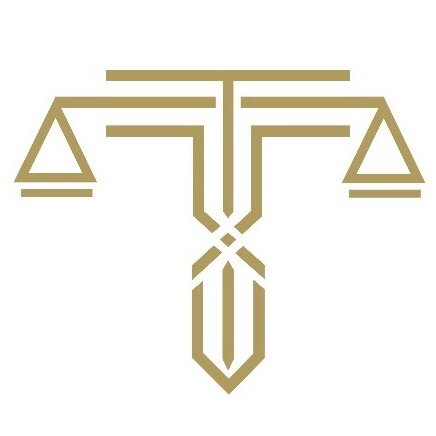Best General Litigation Lawyers in Dammam
Share your needs with us, get contacted by law firms.
Free. Takes 2 min.
List of the best lawyers in Dammam, Saudi Arabia
About Litigation Law in Dammam, Saudi Arabia
Saudi Arabia, including Dammam, follows the Sharia laws of Islam when it comes to litigation. Saudi Arabian judicial system is unique, and heavily influenced by religious texts, scholarly interpretation and royal decrees. This uncodified nature of the country’s legal system makes litigation in Dammam complex and emphasizes the need for local expertise. The discretion granted to judges requires a solid and thoroughly researched case preparation by experienced litigators. Additionally, the litigation process recently underwent major reforms aimed at speeding up proceedings and making them more transparent, such as introducing digital systems.
Why You May Need a Lawyer
Due to the complexity of litigation in Dammam, you may need a lawyer to navigate the legal system. Common situations where legal advice might be required include business disputes, employment issues, intellectual property rights or personal status issues. Resolving these disputes often requires presenting witnesses, submitting evidence and negotiating settlements, tasks which all require legal expertise. Lawyers in Dammam will be more familiar with local regulations, courtroom etiquette and language, thereby reducing the risk of potential misinterpretation and misunderstanding during litigation proceedings.
Local Laws Overview
Saudia Arabian law is based on Islamic Sharia law and has an uncodified form of law, resulting in wide discretion available to judges. Litigation often requires a significant amount of research as there is no system of binding precedent. Punishments can be severe, as Sharia law includes provisions for corporal punishment. In commercial disputes, Saudi Arabian law sets out strict procedures for contracts and dispute resolution. One must be particularly careful about the due process and specific procedures otherwise the claim can be rejected. Also, public displays of affection, consumption of alcohol and pork, and non-Muslim worship are all criminalized.
Frequently Asked Questions
1. Can I resolve a dispute without going to court in Dammam?
Yes, you can. Saudi Arabian law encourages dispute resolution without resorting to courts via means like arbitration, and mediation is also available.
2. Are contracts necessary for doing business in Dammam?
While oral agreements can be valid under Sharia law, to protect your interests, it is highly recommended to have a written contract, especially for business matters.
3. Can women represent themselves in court?
Yes, women can represent themselves in court in Saudi Arabia. However, a woman’s testimony is traditionally given half the weight of a man’s and they may consider appointing a male representative.
4. What is the role of a lawyer in a trial?
A lawyer can provide necessary advice, build your case, submit the evidence and represent you before the court during a trial.
5. How is evidence presented in Saudi courts?
Saudi Arabian courts accept evidence in many forms, including physical evidence, documentary evidence and witness testimony. However, the courts have wide discretion in deciding the relevance and weight of these pieces.
Additional Resources
The Ministry of Justice and the Saudi Arabian General Investment Authority are great starting points for understanding Saudi Arabian local rules and laws. Understanding Sharia law is also essential. Many legal firms in Dammam also publish articles and guidance on Saudi Arabian law which can be helpful.
Next Steps
Should you find yourself in need of legal assistance in Dammam, start by finding a knowledgeable lawyer or a reputable law firm with significant local experience. Remember to present all relevant details and ask as many questions as possible to understand the proceedings. Ensure you understand your rights and duties under Saudi law, and discuss all available options to resolve your litigation issue.
Lawzana helps you find the best lawyers and law firms in Dammam through a curated and pre-screened list of qualified legal professionals. Our platform offers rankings and detailed profiles of attorneys and law firms, allowing you to compare based on practice areas, including General Litigation, experience, and client feedback.
Each profile includes a description of the firm's areas of practice, client reviews, team members and partners, year of establishment, spoken languages, office locations, contact information, social media presence, and any published articles or resources. Most firms on our platform speak English and are experienced in both local and international legal matters.
Get a quote from top-rated law firms in Dammam, Saudi Arabia — quickly, securely, and without unnecessary hassle.
Disclaimer:
The information provided on this page is for general informational purposes only and does not constitute legal advice. While we strive to ensure the accuracy and relevance of the content, legal information may change over time, and interpretations of the law can vary. You should always consult with a qualified legal professional for advice specific to your situation.
We disclaim all liability for actions taken or not taken based on the content of this page. If you believe any information is incorrect or outdated, please contact us, and we will review and update it where appropriate.















